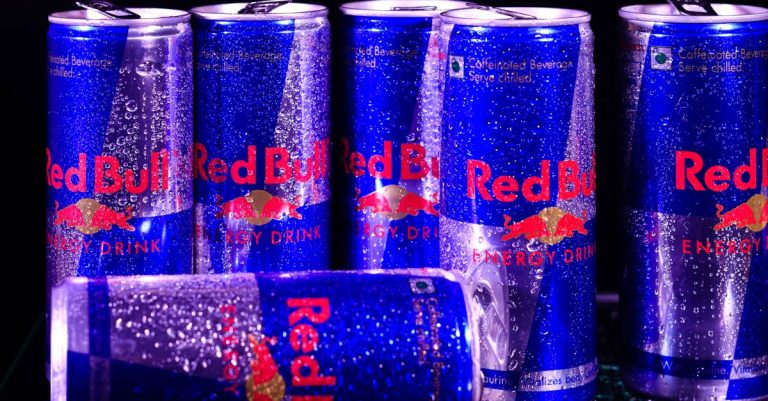Caffeine is one of the most widely consumed psychoactive substances in the world, often found in coffee, tea, energy drinks, and even chocolate. Known primarily for its ability to boost energy and improve alertness, many people rely on caffeine to help them get through their busy days. But have you ever wondered how exactly caffeine works in our bodies to provide this energy boost? In this blog post, we will delve into the science behind caffeine and explain how it enhances energy levels.
Understanding Caffeine’s Mechanism
Caffeine primarily acts as a central nervous system stimulant by blocking the effects of adenosine, a neurotransmitter that promotes sleep and relaxation. By inhibiting adenosine, caffeine effectively reduces feelings of tiredness and enhances alertness. Let’s break down how this process occurs:
The Role of Adenosine
Adenosine levels in the brain gradually increase throughout the day, making you feel more tired as the day progresses. When you consume caffeine:
- Caffeine molecules bind to adenosine receptors in the brain.
- This prevents adenosine from attaching to its receptors, reducing its calming effects.
- As a result, your brain starts to feel more awake and alert.
Release of Neurotransmitters
In addition to blocking adenosine, caffeine influences the release of several neurotransmitters, including:
- Dopamine: This ‘feel-good’ neurotransmitter enhances mood and promotes feelings of pleasure, contributing to the energy boost.
- Norepinephrine: Often called the stress hormone, norepinephrine increases alertness and arousal, keeping you focused and energetic.
Effects on Physical Performance
Research shows that caffeine does not only affect mental alertness; it can also enhance physical performance. Here are some key points:
- Increased Endurance: Caffeine can enhance endurance by mobilizing fatty acids from fat tissues, allowing your body to use fat as fuel instead of glycogen.
- Reduced Perception of Effort: Caffeine can make exercise feel easier, allowing you to perform better without feeling exhausted.
- Improved Reaction Time: Enhanced cognitive processing leads to quicker reflexes during physical activities.
Dosage and Timing
The effectiveness of caffeine can vary based on the amount consumed and the timing of intake. For most adults, a moderate dose of 200-400 mg per day is considered safe and effective for boosting energy and performance. However, it’s important to consider:
- Individual Tolerance: Some people may be more sensitive to caffeine, experiencing jitters or anxiety at lower doses.
- Timing Matters: Consuming caffeine too late in the day can interfere with sleep, leading to a cycle of fatigue.
Potential Downsides of Caffeine
While caffeine has several benefits, excessive consumption may lead to negative effects such as:
- Anxiety: High doses can exacerbate feelings of anxiety and restlessness.
- Insomnia: Consuming caffeine too close to bedtime can disrupt sleep patterns.
- Dependency: Regularly relying on caffeine for energy can lead to tolerance and dependence.
For those looking to enjoy the benefits of caffeine without the downsides, moderation is key.
Conclusion
Caffeine can certainly offer an effective energy boost by blocking adenosine and releasing mood-enhancing neurotransmitters. Understanding how caffeine interacts with our brains and bodies allows us to utilize it more effectively in our daily lives. For a suitable energy enhancement while avoiding negative side effects, stick to moderate consumption, and pay attention to your body’s unique response to caffeine. So next time you sip your coffee or tea, know the science behind that invigorating jolt!













